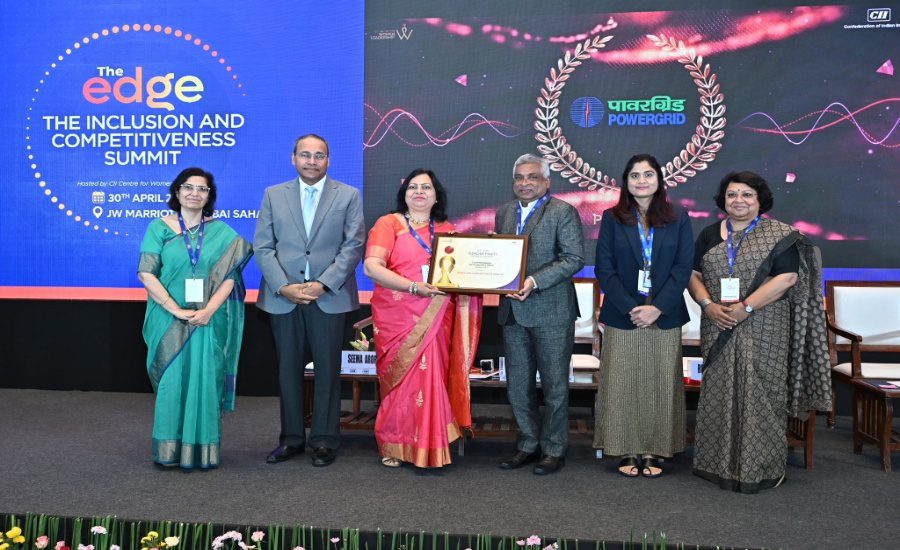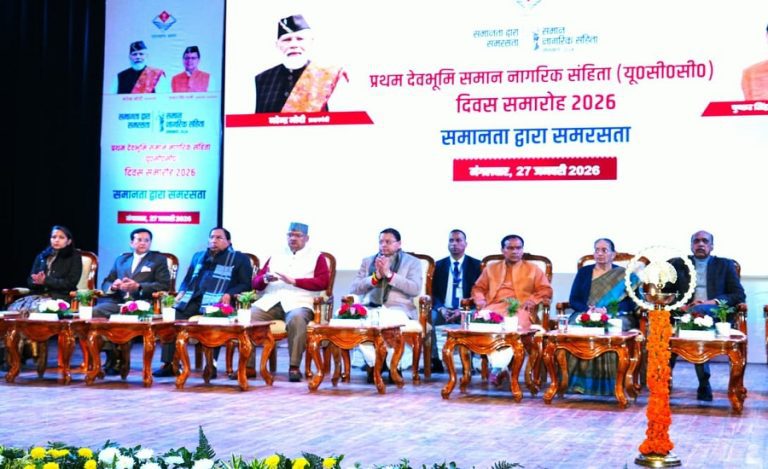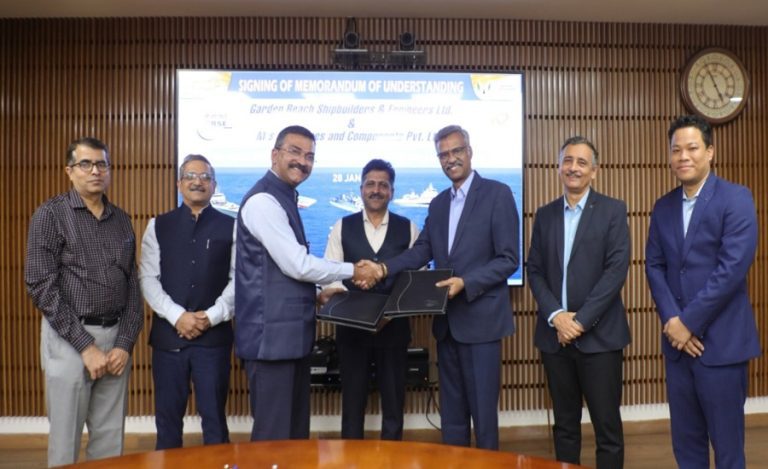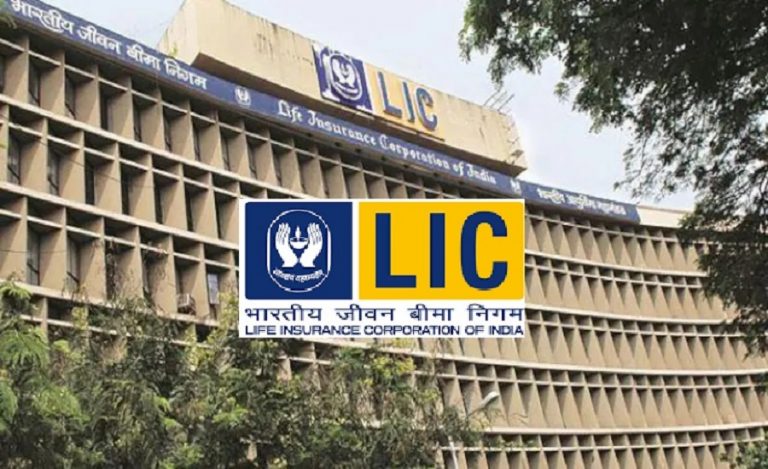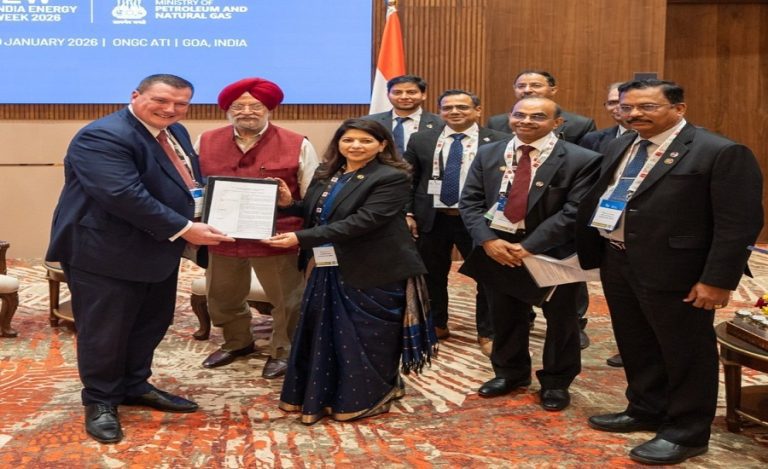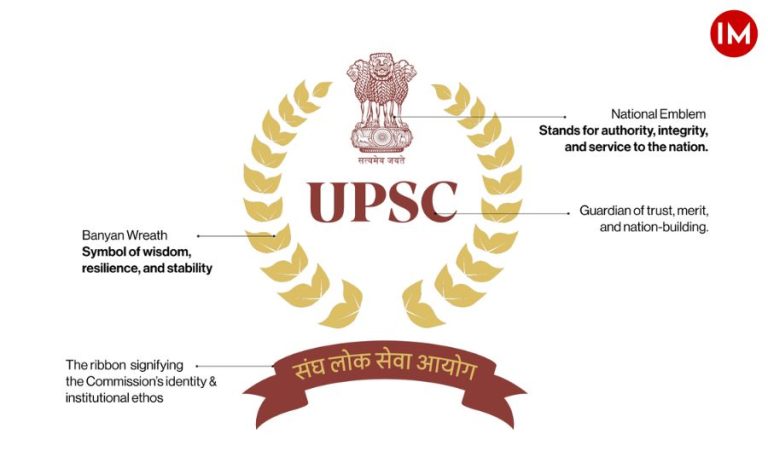Power Grid Corporation of India Limited (POWERGRID) has received a Certificate of Commendation in the “Purposeful Intent in the Services Sector” category at the Confederation of Indian Industry – Centre for Women Leadership (CII-CWL) Gender Parity Business Awards. The award was presented in recognition of POWERGRID’s impactful initiatives, “Pink Stations” and the “Ask Not Assume” policy.
POWERGRID has been recognised for “Pink Stations” and “Ask Not Assume” policy with a Certificate of Commendation in the category of “Purposeful Intent in the Services sector” at the Confederation of Indian Industry-Centre for Women Leadership (CII-CWL) Gender Parity Business… pic.twitter.com/0wCRY8kYlj
— POWERGRID (@pgcilindia) May 1, 2025
The commendation was received by Smt. Manju Gupta, Executive Director, CTUIL, and Smt. Priti Nahar, Senior DGM (CP), on behalf of POWERGRID.
POWERGRID’s Pink Station initiative stands out as a progressive step toward gender inclusion by assigning certain substations to be fully managed and headed by women executives. This move highlights the organization’s commitment to creating leadership opportunities for women in technical and operational roles within the power sector.
Complementing this is the “Ask Not Assume” policy, which promotes a culture of openness, transparency, and fairness—especially in tendering and recruitment processes. By encouraging individuals to seek clarifications rather than operate on assumptions, the policy aims to reduce ambiguity and ensure equal access to information for all stakeholders.
POWERGRID, a central public sector undertaking under the Ministry of Power, is India’s principal electric power transmission company. Headquartered in Gurugram, it plays a critical role in managing the bulk transmission of electricity across states, ensuring seamless and reliable power delivery across the country.
This recognition by CII-CWL affirms POWERGRID’s efforts toward fostering a more inclusive, equitable, and transparent work environment, setting a strong precedent for gender-sensitive practices in the public sector.

